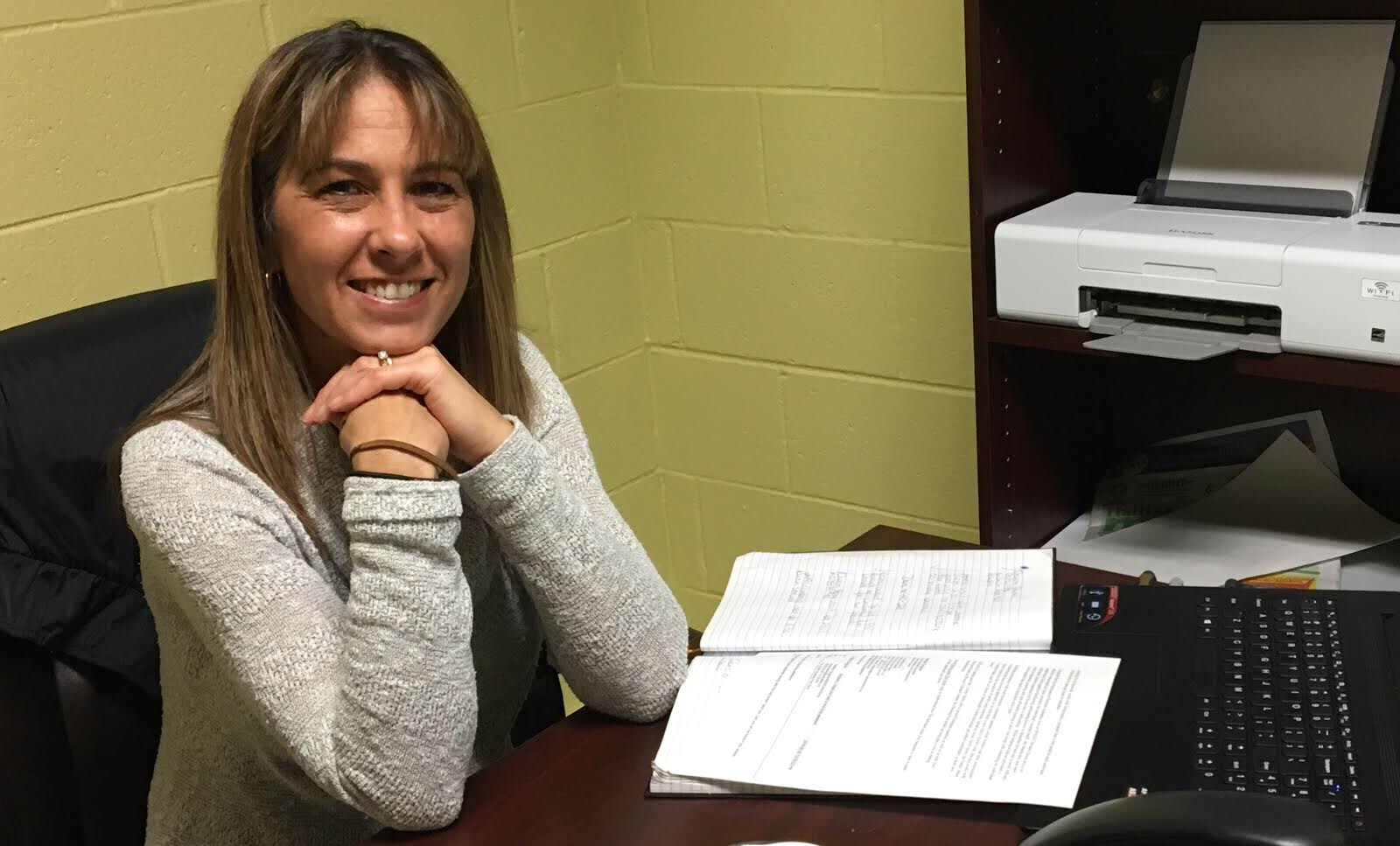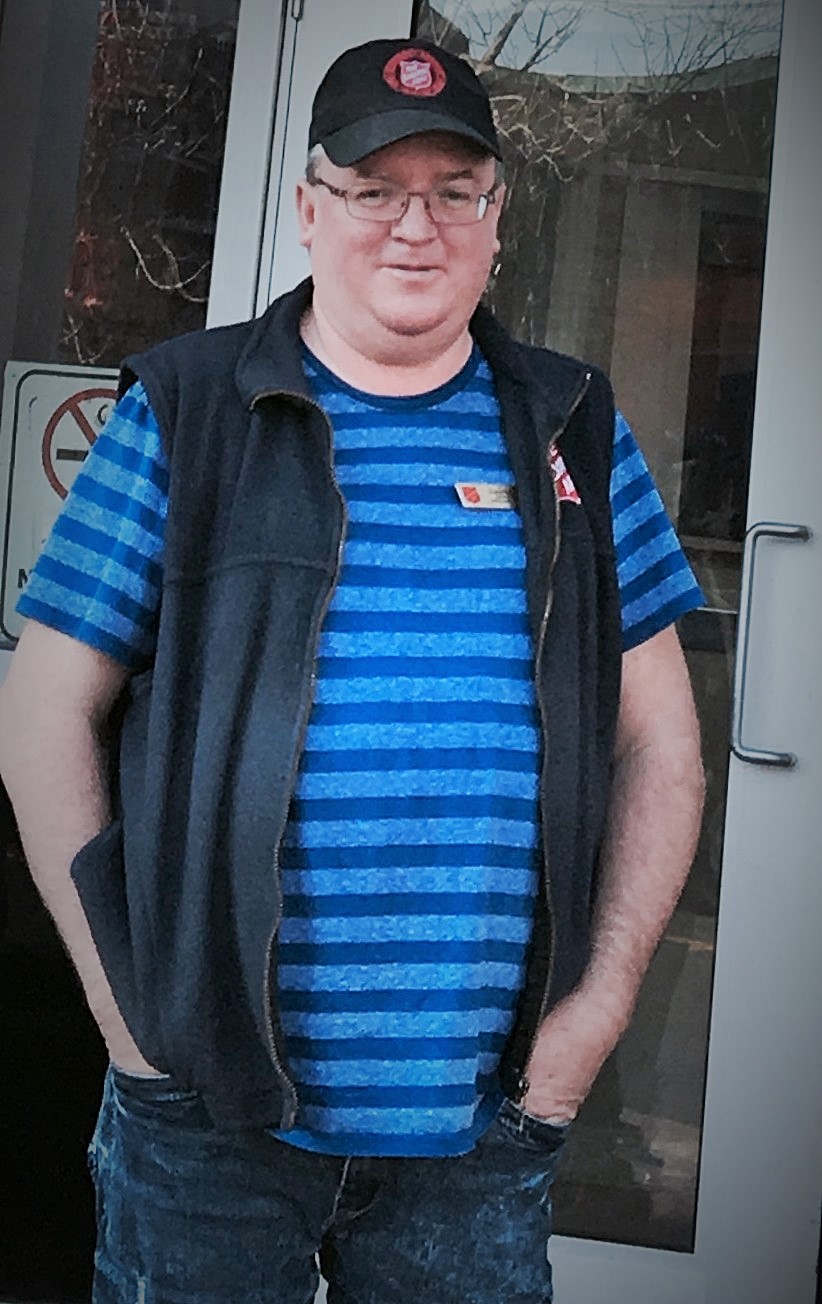Finding a place to call home

Understanding the needs of the individual and the supports available to them is the first step towards helping someone find a place to call their home.
Housing Support Worker, Krista Wells spent three years with the Ottawa Booth Centre working as a Case Manager before moving to Nova Scotia. Working with many individuals with a variety of life circumstances both in Ottawa and now Halifax, makes Krista a great asset to The Salvation Army’s Centre of Hope. She first builds trust with an individual, helps to ease any fears or anxieties, and works with the individual to create a program tailored to their needs.
Developed by the Government of Canada to help accommodate those experiencing the effects of homelessness, the Housing First model was adopted by the Centre of Hope just over one year ago. Utilized in Canada and the United States, and in several European countries, as well as in both New Brunswick and on Prince Edward Island, the Housing First model can help play a role in ending homelessness.
Krista passionately shares stories about her job helping to find housing for men ranging from ages 19 to 64. “The best part of my job is seeing someone who gains access to housing also gain a sense of independence and security.” She adds, “With a roof over their head, the individual is better able to focus on their health and medical needs, seek employment opportunities and move forward while connecting to the supports they need.”
Not unlike Maslow’s hierarchy of needs, as our basic needs are fulfilled – securing food, shelter and clothing, we can then move on to address our other needs. Krista explains how rewarding it is to see clients take the leap from having a home as a foundation to staying sober, securing a job and becoming healthier both emotionally and physically. These are all part of the goals of the Housing First model, which helps provide housing stability, improve an individual’s quality of life, while reducing the involvement and costs associated with police, the justice system, and the health system.
Krista’s job also involves having a clear understanding of the local housing market, actively building and maintaining relationships with about a dozen landlords, coordinating provincial housing allowances, setting up apartments and offering ongoing support to help individuals successfully transition into their new homes and communities. She shares that choice, location and access to transit, grocery stores, and medial supports are also vital considerations to help ensure success in helping individuals maintain a stable home.
One of the tools Krista uses to determine the best plan for an individual is the Service Prioritization Decision Assistance Tool or SPADAT for short. She says this tool considers the individual’s mental health, any traumas they may have experienced, their cognitive functioning, and housing history to determine the best way to work with an individual. Another important tool Krista says is networking. “While helping to find an individual a home is important, ensuring safe and affordable housing is also vital along with connecting the individual to the supports they need to help them thrive there.”
It really is a team effort. On any given day, Krista may work with colleagues from the Department of Community Services (DCS), Affordable Housing Association of Nova Scotia (AHANS), Mobile Outreach Street Health (MOSH), Halifax Regional Police (HRP), Nova Scotia Power (NSP), Metro Turning point, Direction 180, the local Community Navigator, and Continuing Care. She is also part of the Homeless and Housing Partnership Committee and she collaborates with a team of housing related workers monthly.
Building relationships with local businesses, community partners, social workers, and other professionals to determine the best housing approach for an individual is also vital to Krista’s role. She works with Sleep Country for the donation of gently used mattresses, Salvation Army Thrift Stores, the Parker Street Furniture Bank, and Wyse Buys in Dartmouth to help individuals get settled comfortably in their new home.
“You have to be creative, adaptable, flexible and ask the right questions in order to advocate for and provide the support an individual needs; this sometimes involves recognizing that not every individual is ready for a home right away, but we can help prepare them and offer shelter in the meantime,” says Krista.
Read Helping people find their way to learn about how The Salvation Army first responds to men in need as they approach our doors.


